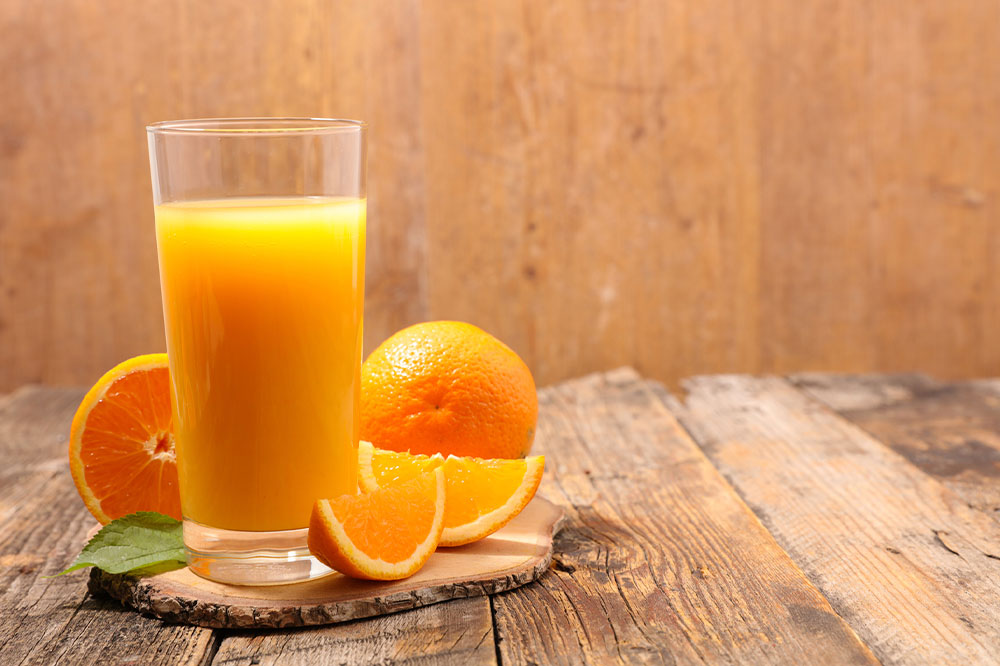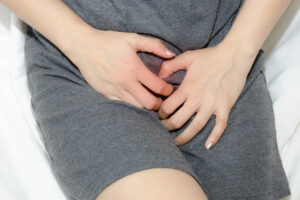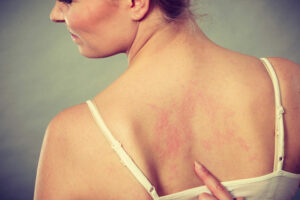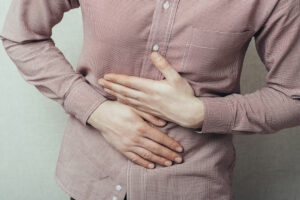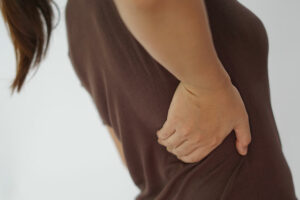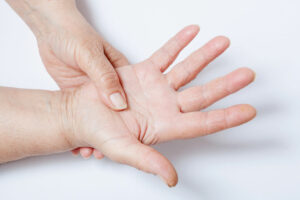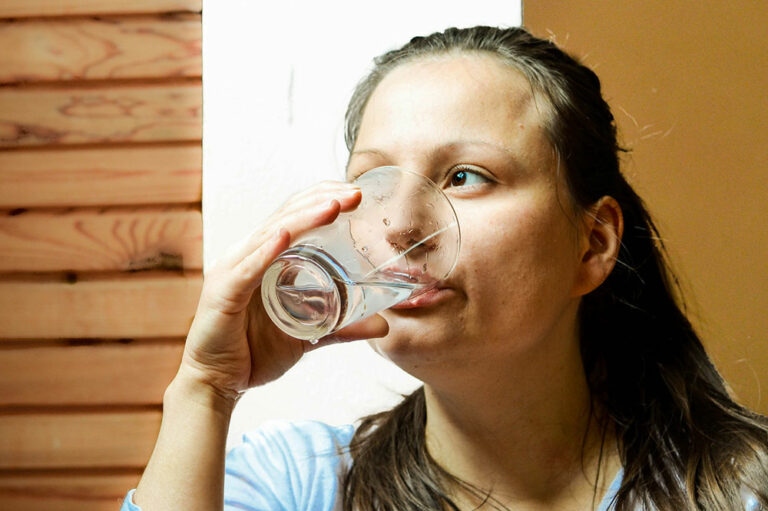Hemophilia is a rare, hereditary bleeding condition in which blood may not clot normally when wounded. People with this illness have prolonged or spontaneous bleeding and bruising after an accident, surgery, or other injuries. Even minimal trauma can cause continuous bleeding in hemophilia patients. It can also result in internal bleeding in joints, muscles, brain, or other organs. This article throws light on the ways to manage hemophilia:
Treatment options
- Recombinant factor VIII (8) concentrate
The most effective technique to manage hemophilia is to restore the deficient blood clotting factor, allowing the blood to clot normally. Earlier all factor replacement products were made from human plasma. But in 1992, the FDA approved the recombinant factor VIII (8) concentrate, which is genetically engineered through DNA technology and used to treat hemophilia. - Hemlibra®
This may also be used to manage it. It works on replacing the function of factor VIII (8) rather than replacing the said missing clot directly. This treatment product is given to patients through an injection. - Kovaltry®
Another treatment option is Kovaltry. It helps in replacing the missing clotting factor in adults and children. Kovaltry® reduces the frequency of bleeding episodes and is sometimes given after surgery.
Foods to eat
Hemophilia patients should fill their plates with fruits and vegetables. Dark and green leafy vegetables like spinach, broccoli, kale, bok choy, and fruits like strawberries, pears, and apples are excellent sources of vitamins, fiber, and minerals. Include orange juice, lean red meat, poultry, fortified cereals, raisins, and apricots as they are rich in calcium and iron.
Foods to avoid
Avoid oily foods especially deep-fried meats, chips, and junk foods, as they contain saturated fats, which are unhealthy for the body. High sugar items like cookies, pie, soft drinks, energy drinks, candy, and chocolates should also be restricted. Fish oil and vitamin E supplements should not be consumed by hemophilia A patients as they can prevent the clumping of platelets. Herbs like ginger, willow bark, Asian ginseng, large quantities of garlic, Ginkgo Biloba, and feverfew should also be avoided as they can make bleeding worse.
Living with hemophilia
Patients can reduce the risk of excessive bleeding by following a regular routine of low-impact or non-contact exercises. Wear protective gear and take extra precautions while stepping out for a workout. Avoid non-steroidal anti-inflammatory antibiotics and blood thinners. Practice good dental hygiene. The Center for Disease Control and Prevention (CDC) recommends hemophilia patients to get periodic screening done for HIV and hepatitis. Also, consult a health professional and discuss the various ways to manage the condition.
